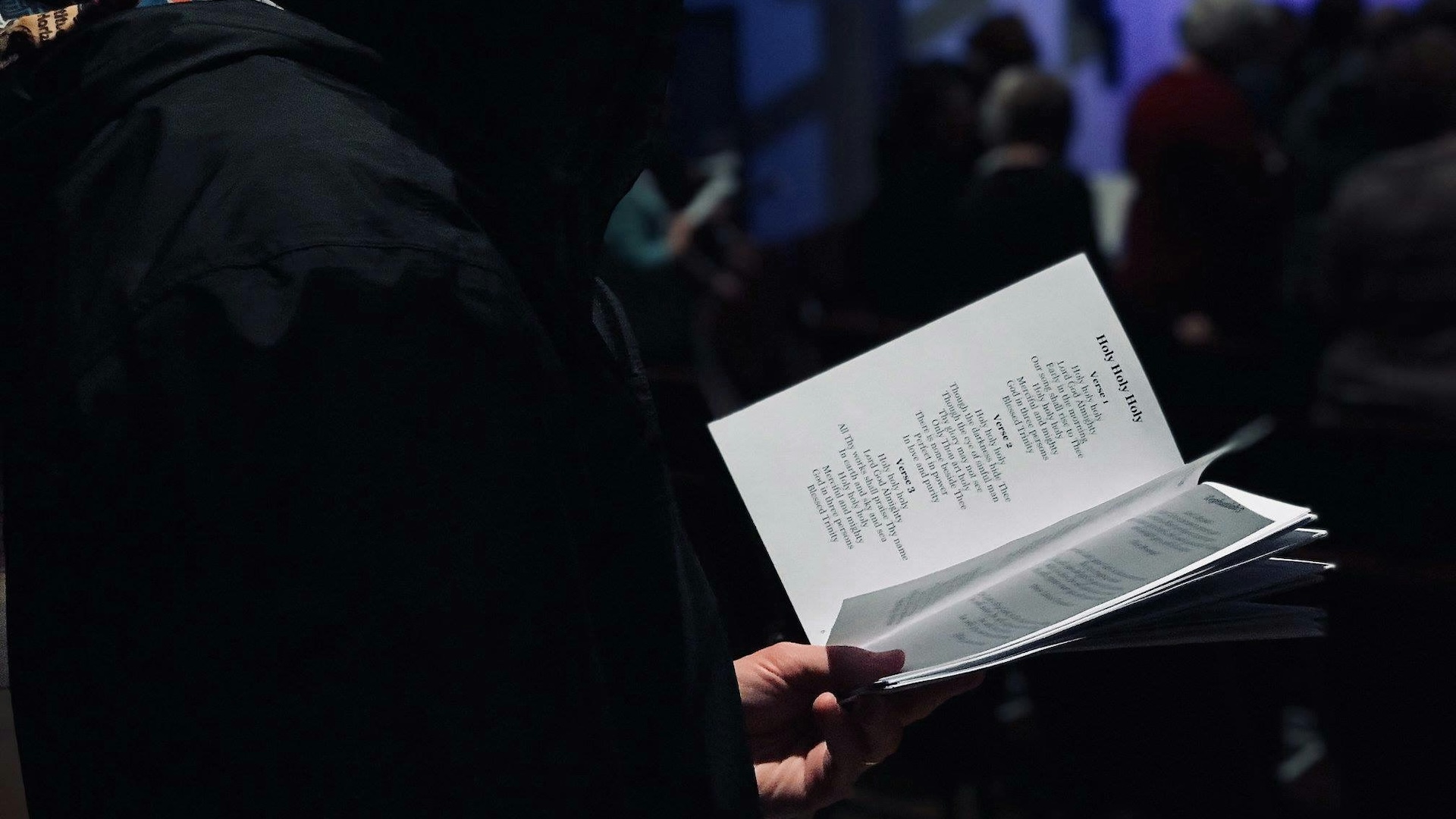Those Who Sing Songs in the Night

Imagine that you are sitting in a prison cell. This is not some posh or even stark 21st-century prison cell, but a primitive Roman one. Your back is pressed against cold stones. Your stomach is aching with hunger. Your nose is assaulted by terrible smells. Your heart is filled with despair. You know your death must be fast approaching.
And then, somewhere off in the distance you begin to hear the sound of singing. You realize this song is not coming from outside the walls but from within, not from visitors but from inmates. As you listen you realize these were the men who were dragged in the previous evening, men who were arrested, beaten, and jailed for freeing a woman from oppression and professing the name of Jesus Christ. You realize that their song is a kind of dirge, a complaint against man and God alike. In a minor key it expresses frustration with God for these circumstances and pronounces curses on their enemies. It blames God for failing to prevent this expression of his providence and tiptoes perilously close to cursing his name. Though you had heard of this God and been intrigued by some of what you had learned, you can now feel your interest waning and your heart turning.
But we should stop and rewrite our story a little bit because this is not what happened in Acts 16 where we read of Paul and Silas being accosted and assaulted and imprisoned. Though they had done nothing worse than free a woman from oppression, they were severely flogged and confined to the darkest of dungeons—the very place I’ve told you to imagine yourself. And in that dungeon they began to pray and sing—to sing songs that flowed out of their love for their God, their confidence in his gospel, and their hope in his purposes. Let’s pick up our corrected version of this story.
Somewhere off in the distance you begin to hear the sound of singing. You realize that this song is not a dirge, not a complaint, not an imprecation, but a song of praise, a song of joy, a song of triumph. It is not in a minor key but a major key and tells not of defeat but of victory. Along with the other prisoners you listen, some perhaps out of mere curiosity but surely others because they are intrigued. When so many inmates have turned their back on their god, why do these men continue to express their love for theirs? And what is it in these dark circumstances that compels them to continue to trust him and continue to sing his praises? As you listen, you feel your heart stirring, your sorrows lifting, your hope rising.
There is something holy, something attractive, something magnetic about those who praise God in their sorrows, about those who sing songs in the night and praise God in the darkest of valleys. In fact, I believe eternity will prove that often the reason God has seen fit to permit such sorrows is that he means for his people to prove to a skeptical world and to wavering saints alike that faith can survive the greatest of shocks, that love for God will endure even the greatest of losses, that God’s people ultimately love him for who he is, not for what he has given them. God means for his people to prove that they will love him whatever his providence dictates and however it directs.
So this is the sacred calling given to those who suffer—to lift trembling hands, to raise tear-stained eyes, to sing with wavering voice, to praise God as much in taking as in the giving. This is the sacred calling that proclaims that love for God will survive any trial. This is the sacred calling that brings great glory to his name.